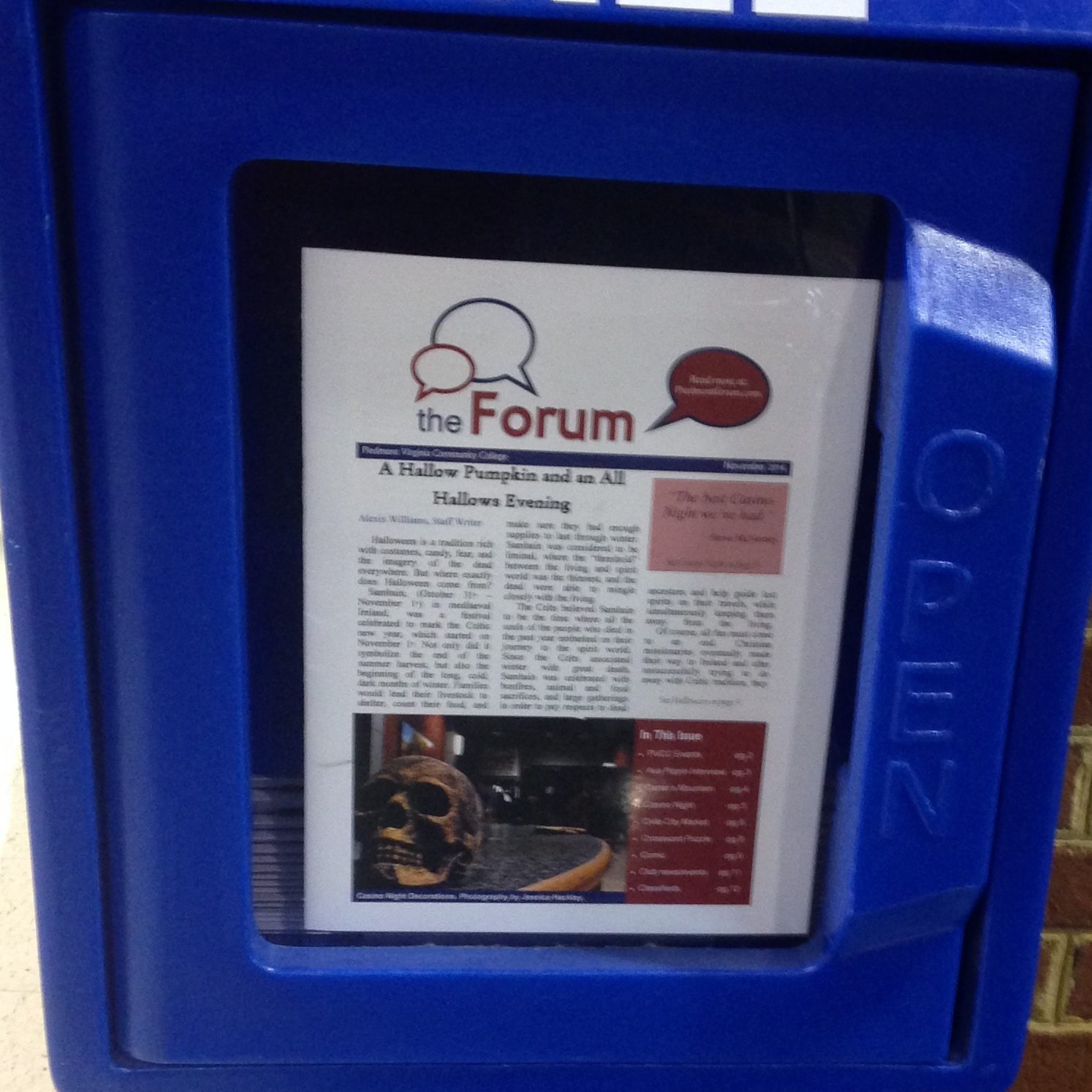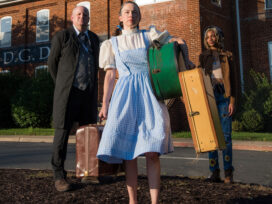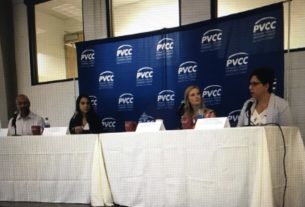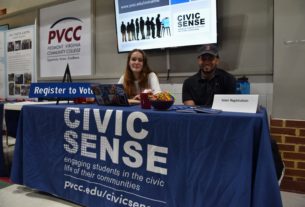
PVCC students reach National Science Foundation’s semifinals
Three PVCC students advance to the semifinals of the National Science Foundation’s Community College Innovation Challenge after their proposal to use protists to better assess the quality of water in the Rivanna watershed survived the preliminary round of the contest. Under the guidance of Associate Professor of Biology Dr. Anne Allison an in partnership with Charlottesville’s StreamWatch, students Maya Fraser-Butler, Candice Tomlinson and Stephen Hazen attempt to address the poor quality of Rivanna’s waterways.
Fraser-Butler, Tomlinson and Hazen are students of PVCC’s Associates of Science program. The local non-profit StreamWatch, the students’ community partner, monitors the quality of water in the Rivanna River watershed. According to StreamWatch’s reports, the quality of our local water varies across the region’s many streams and creeks, but is generally poor. However, the watershed supports a variety of diverse organisms and populations, from the most basic unicellular bacteria to those pesky deer we frequently encounter on the roads.
Generally, we do not tend to think of miniscule organisms in our water as a good thing. However, Fraser-Butler, Tomlinson and Hazen believe that these tiny life forms might be the key to a better means of quantitatively measuring the quality of water in the Rivanna watershed and effectively combating pollution. They believe that their low-tech and simple solution would be cost effective and easy to maintain with minimal training involved. Most importantly, they believe in the viability and potential efficacy of their solution to Charlottesville’s poor water quality.







